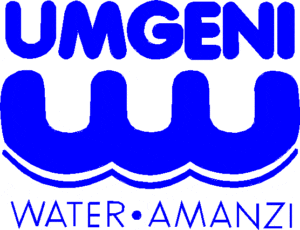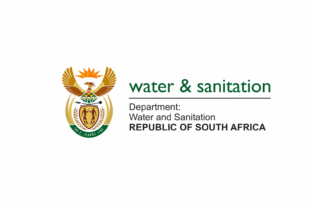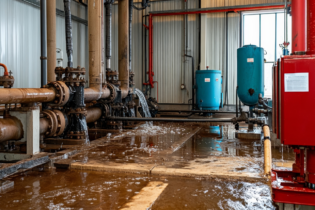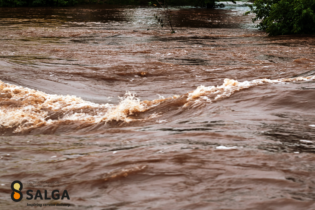Umgeni Water, South Africa’s second-biggest bulk water utility that supplies water to large parts of KwaZulu-Natal, was in a positive financial situation with positive cash flows. But, it needed to continue leveraging grant funding to maintain its development projects in rural areas, chairmanAndileMahlalutye said.
At the release of the utility’s annual report in Durban, he said large numbers of people in rural areas in KwaZulu-Natal lacked adequate access to safe water, but supplying these areas was more expensive than supplying water to urban areas. This was because rural homes were traditionally built further apart than houses in urban areas, making the distribution of water more expensive. “If we get no grant funds, we have to fund our development projects from our balance sheet, resulting in impairments, which is not a good situation,” he said. The utility’s capital expenditure programme may have to be scaled back if grant funding did not continue, he said. Umgeni supplies bulk water to municipalities in the province. It made a R519m surplus in the financial year to June 30 2012, but this was needed to sustain its R4.2bn five-year infrastructure programme, and to reduce debt to keep bulk water tariffs affordable. It obtained R131m in grant funding from the Department of Water Affairs in the 2012 financial year. The tariff increase for the 2012-13 financial year was 5.6%, plus a small charge on behalf of the department for the completion of the Spring Grove Dam.Umgeni’s revenue increased 11% to R1.85bn in 2012. The utility, together with the relevant water-service authorities, received nine Blue Drop awards for drinking-water quality excellence during the year, an increase over last year when six such awards were received.
Umgeni CE Cyril Gumede said R485m was spent on the provision of infrastructure in the past year, including R228m on the implementation of development projects for vulnerable communities in rural areas. He said good rainfall and efficient water-resource management meant there had been adequate water resources available to provide all six of its major municipal customers, including eThekwini Municipality and Msunduzi Municipality, with potable water. Source: http://www.bdlive.co.za






